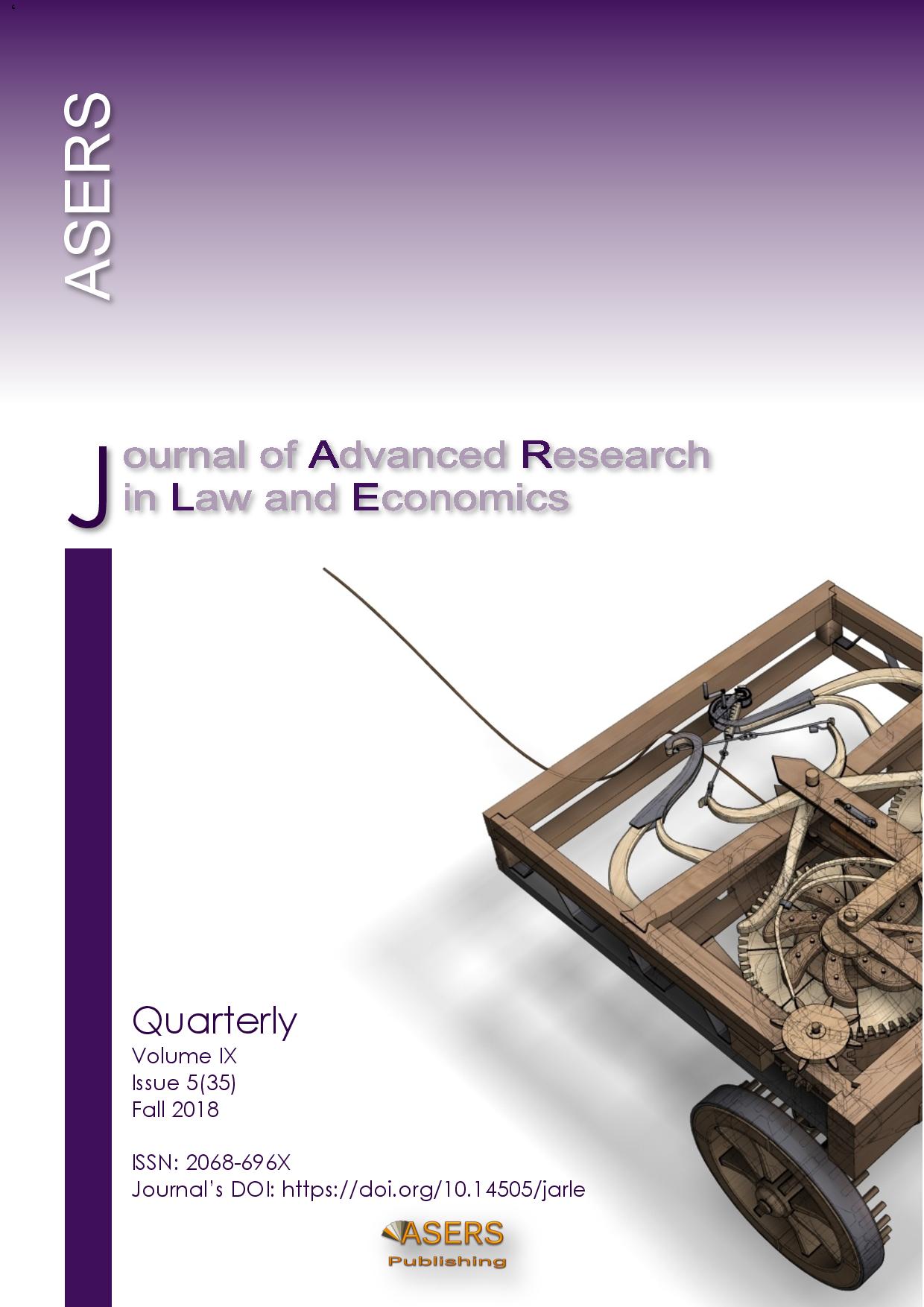Modeling of Social Welfare Functions in J. Rawls’s Theory of Justice
Modeling of Social Welfare Functions in J. Rawls’s Theory of Justice
Author(s): Aleksandras PatapasSubject(s): Law, Constitution, Jurisprudence, History of Law
Published by: ASERS Publishing
Keywords: social welfare; justice; morality; impartiality; objectivity;
Summary/Abstract: Public policy is directly related to the formulation of social goals. Social welfare functions can be modeled in two ways: (a) as a derivative of the social status ordering mechanisms applied in public policy; or (b) as norms, which must be further strengthened by solid theoretical foundation. Normative SWF modeling variants, which include Rawls’s theory of justice, are characterized by simplicity and deductive power. This article examines how Rawls’s critique of utilitarianism and intuitionism doctrines allowed changing the axis of political decision-making, reinforcing the priority of the idea of justice. It is also argued that the internal structural logic of this new priority better suits social minorities and that under its banner they are more active and successful in representing their interests in the political arena than the majorities of the same societies.
Journal: Journal of Advanced Research in Law and Economics (JARLE)
- Issue Year: IX/2018
- Issue No: 35
- Page Range: 1738-1744
- Page Count: 7
- Language: English
- Content File-PDF

